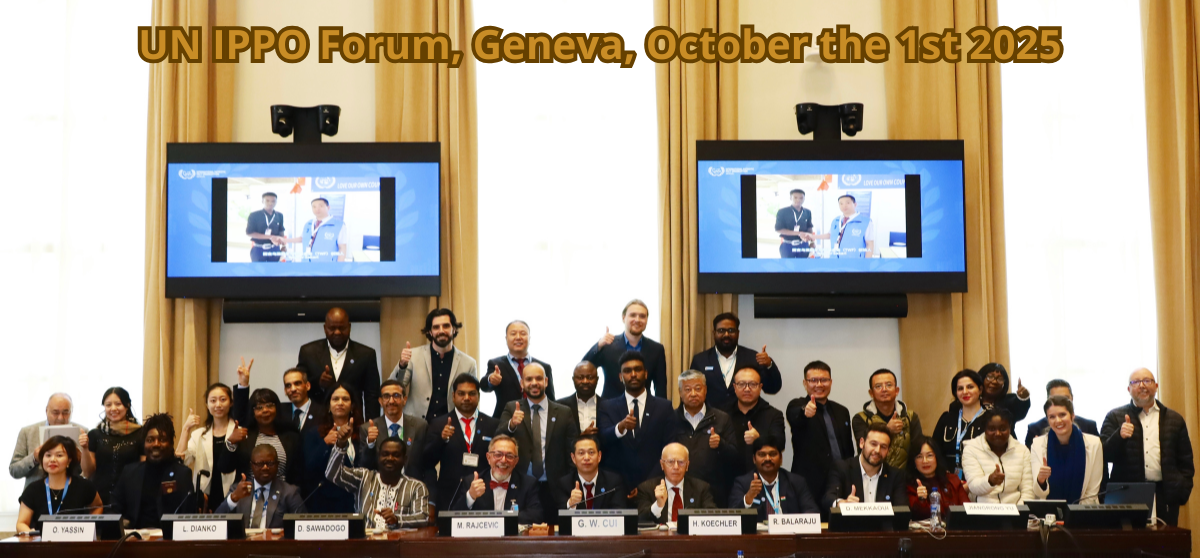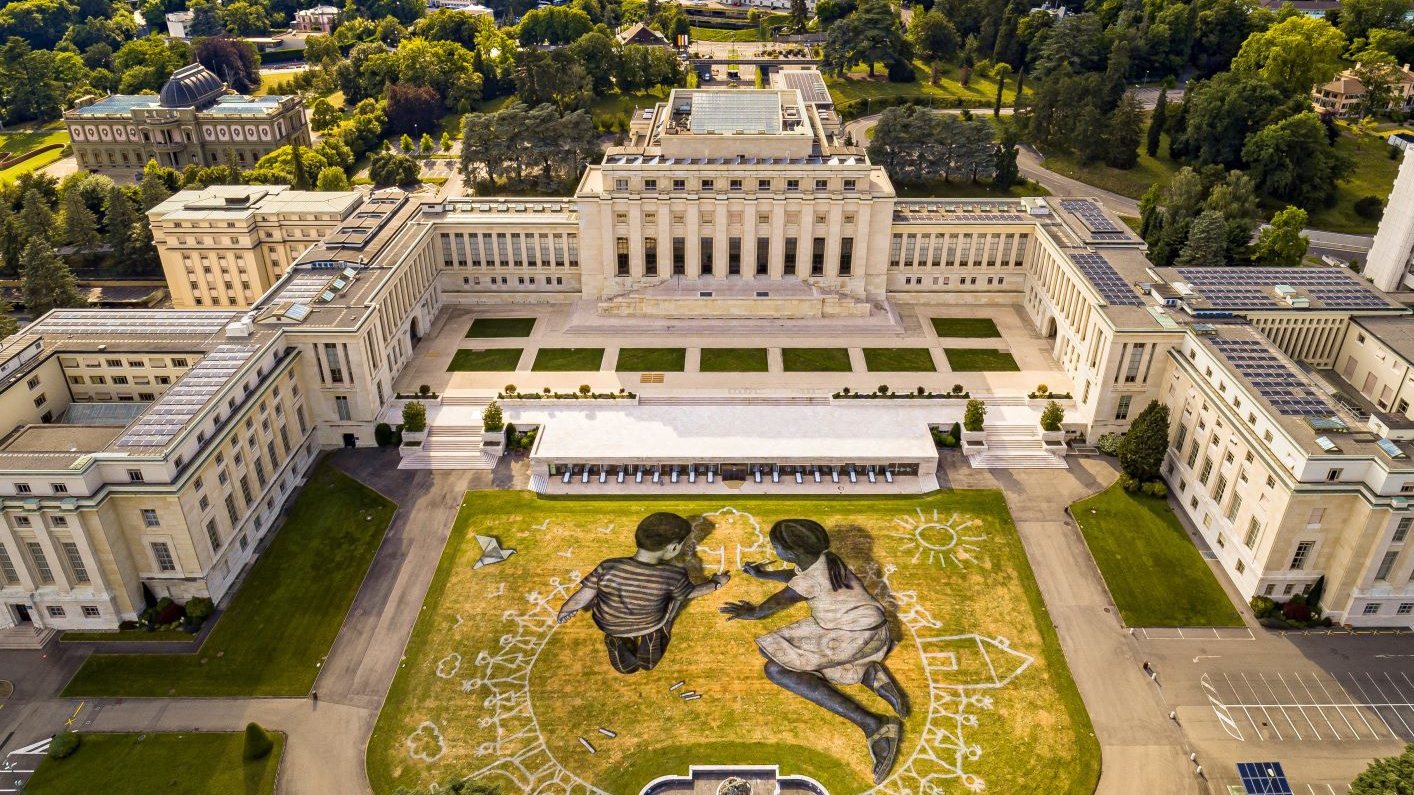Reflection of the UN IPPO Forum 2025: Strategic takeaway for peace building and civic empowerment leaders like you are:
There’s a strong case for positioning digital literacy initiatives (like those championed by All Digital) as practical enablers of the Right to Development. This framing can resonate with both EU policy circles and UN human rights mechanisms, opening doors for cross-sector partnerships and funding.

The Right to Development, enshrined in the 1986 UN Declaration, affirms that:
- Every person and all people are entitled to participate in, contribute to, and enjoy economic, social, cultural, and political development.
- Development must be people-centered, reducing inequalities and empowering marginalized groups.
- The UN’s human rights bodies stress that technology should be used to advance equality, justice, and participation, not deepen exclusion.

All Digital — Driving Digital Inclusion in Europe
All Digital is a European network of organizations working to improve digital skills, access, and inclusion. It focuses on:
- Digital literacy & upskilling — ensuring citizens can participate fully in the digital society.
- Bridging the digital divide — targeting underserved groups, including rural communities, migrants, and older adults.
- Policy advocacy — influencing EU and national strategies on digital education, inclusion, and transformation.
Its mission aligns with the idea that digital competence is a prerequisite for social and economic participation, which is increasingly recognized as a human right in the digital era.

Where They Intersect
The UN’s recent Human Rights Due Diligence for Digital Technology Use guidance calls on all UN entities to:
- Embed human rights safeguards in digital design, procurement, and partnerships.
- Prevent and address any rights violations linked to digital tools.
- Use digital innovation to amplify civic engagement, education, and access to justice.
This creates a natural bridge between All Digital’s grassroots capacity-building and the UN’s normative framework — both aim to ensure that digital transformation is equitable, inclusive, and rights-based.


